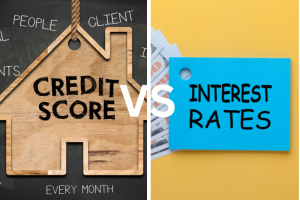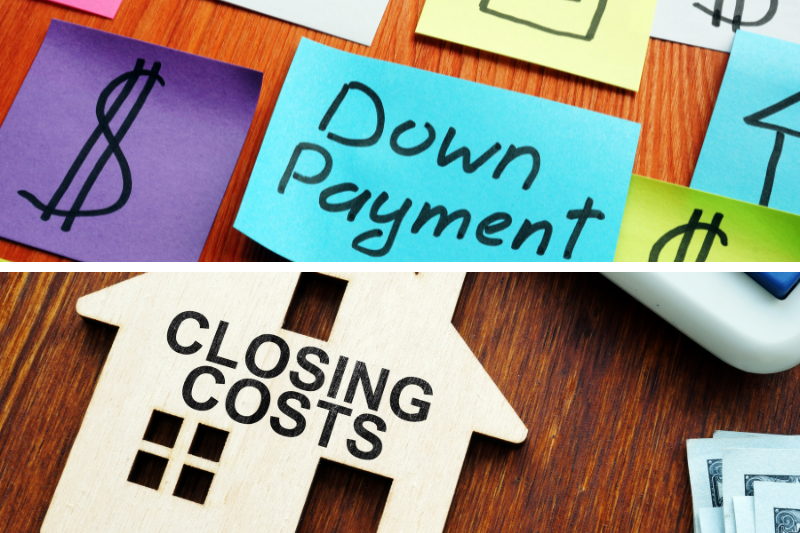So, you’re gearing up to buy a home in the Houston suburbs—maybe in Katy, Sugar…
How Your Credit Score Affects Your Rate?
Your credit score can have a significant impact on the interest rate you receive when buying a home. As a result, borrowers with higher credit scores are typically considered less risky and may qualify for more favorable interest rates. Here’s how your credit score can affect your interest rate when buying a home.
Lower interest rates: A higher credit score can help you secure a lower interest rate on your mortgage. Lenders offer better interest rates to borrowers with excellent credit scores as they consider them less likely to default on their loans. Even a small reduction in the interest rate can lead to significant savings over the life of your mortgage.
Higher loan eligibility: With a good credit score, you may also qualify for a higher loan amount. Lenders are more willing to lend larger sums of money to borrowers with strong credit histories. This can be beneficial if you’re looking to buy a more expensive property or need a larger loan to meet your home buying needs.
Improved loan terms: In addition to interest rates, a better credit score may help you negotiate more favorable loan terms. You may have access to a wider range of loan products, such as adjustable-rate mortgages (ARMs) or fixed-rate mortgages (FRMs), and have more flexibility in choosing terms that align with your financial goals.
Lower down payment requirements: While not directly tied to interest rates, a higher credit score can also help you secure a mortgage with a lower down payment. Lenders may be more willing to offer favorable down payment options to borrowers with strong credit, reducing the upfront cash required to purchase a home.
While credit score is a significant factor, lenders consider multiple factors when determining your interest rate such as employment history, debt-to-income ratio, and the size of your down payment.





